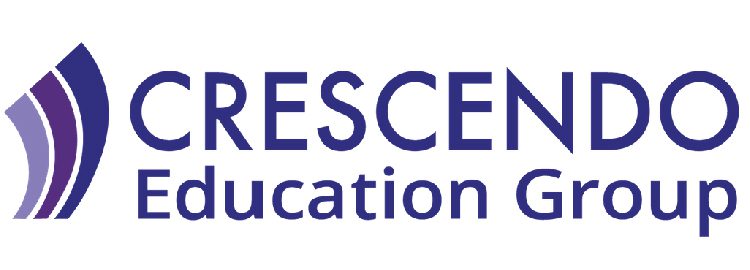Our Impact
A Pathway to Opportunity for Every Student
There is clear evidence that Crescendo Education Group supports efforts to enhance consistency and reliability in grading practices, strengthen relationships between students and teachers, and prioritize student learning based on mastery of content rather than on points or behavior.

Outcomes

Clients

Testimonials
Our Student-Centered Impact: By the Numbers
0
Partners
1
K
Educators
1
MM
Students
1
States
Ready to help us expand our impact and transform grading practices?
Bring powerful learning experiences that improve grading to your school or district.
Who We Are
Menu
Resources
Menu
Copyright ©2025 Crescendo Education Group | Privacy Policy | Design by Relish Studio

